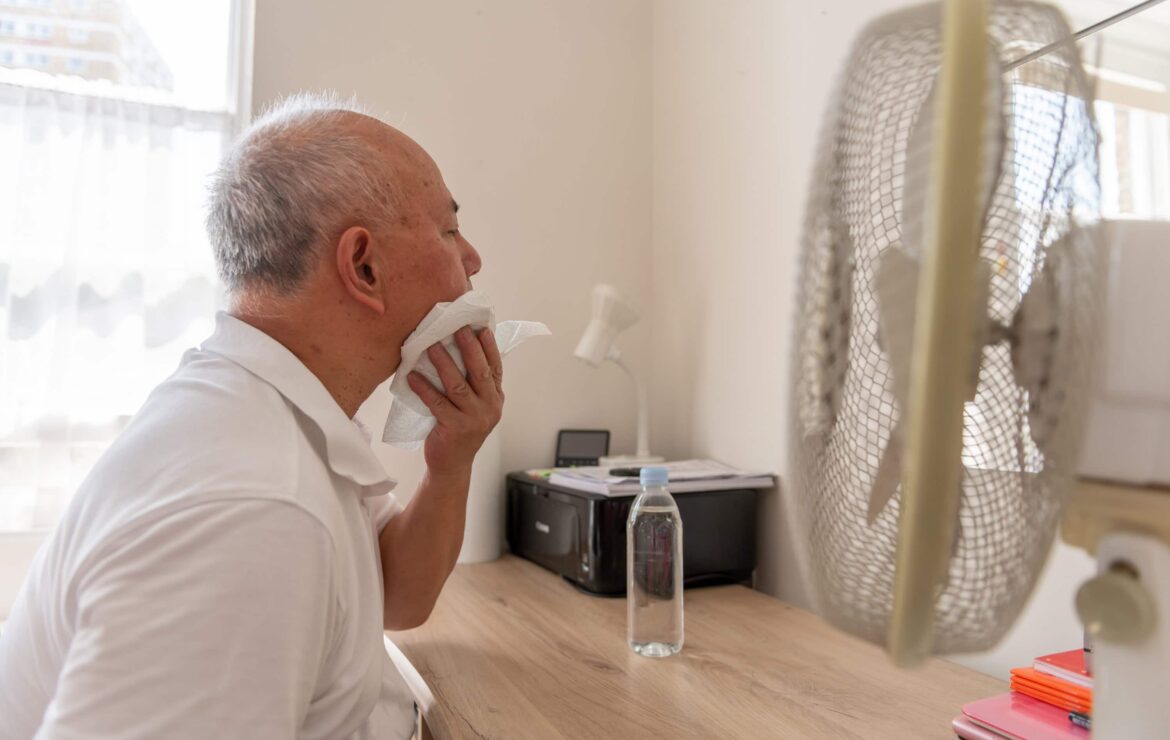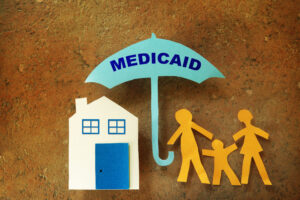How to Prevent Heat-Related Illnesses in Seniors

As temperatures rise, so do the risks of heat-related illnesses, especially for seniors. Older adults are more vulnerable to heat due to physiological changes, chronic health conditions, and certain medications that affect their ability to regulate body temperature. Preventing heat-related illnesses in seniors requires proactive measures and awareness. Below are effective strategies to keep seniors safe and healthy during hot weather.
Understanding the Risks and Symptoms
Dehydration and overheating are common risks for seniors during hot weather. Seniors often have a reduced sense of thirst, making it crucial to encourage regular hydration. Water is the best choice, and beverages like caffeine or alcohol should be avoided as they can worsen dehydration. Recognizing the signs of heat-related illnesses is equally important. Symptoms of heat exhaustion include heavy sweating, weakness, dizziness, and nausea, while heat stroke manifests as a high body temperature, confusion, and potential loss of consciousness. Prompt action and awareness can save lives.
Practical Steps to Stay Cool and Safe
To combat the heat, seniors should dress in light-colored, loose-fitting clothing made of breathable fabrics like cotton. Wide-brimmed hats and sunglasses offer additional protection, and physical activities should be scheduled during cooler parts of the day, such as early mornings or late evenings. Air conditioning is vital for maintaining a safe indoor environment, but for those without access, public places like libraries, shopping malls, or senior centers—many of which are abundant in New York City—can provide relief. The New York City Department of Aging also offers cooling centers where seniors can escape the heat. Cool showers, baths, or sponging with cool water are simple yet effective ways to lower body temperature. Seniors should also limit strenuous activities and opt for lighter exercises to maintain fitness without the risk of overheating.
The Role of Caregivers and Planning Ahead
Caregivers and family members play a key role in preventing heat-related illnesses. Regular check-ins, either in person or by phone, ensure that seniors are staying hydrated and cool. Medications should be reviewed with healthcare providers to understand any potential effects on heat tolerance. In New York, preparing for heatwaves includes being aware of public cooling centers and ensuring access to resources like MetroCards for transportation. Planning ahead for heatwaves by stocking essentials like water, lightweight clothing, and cooling aids is crucial. Establishing a buddy system or community check-ins for those living alone adds an extra layer of safety. These proactive steps help seniors remain comfortable and protected even in extreme heat.
Conclusion
Heat-related illnesses are preventable with proper precautions. By staying hydrated, avoiding extreme heat, and recognizing early warning signs, seniors can safely enjoy the summer months. Families and caregivers play a vital role in ensuring the well-being of their elderly loved ones. Taking proactive steps today can make all the difference when the heat rises tomorrow.



